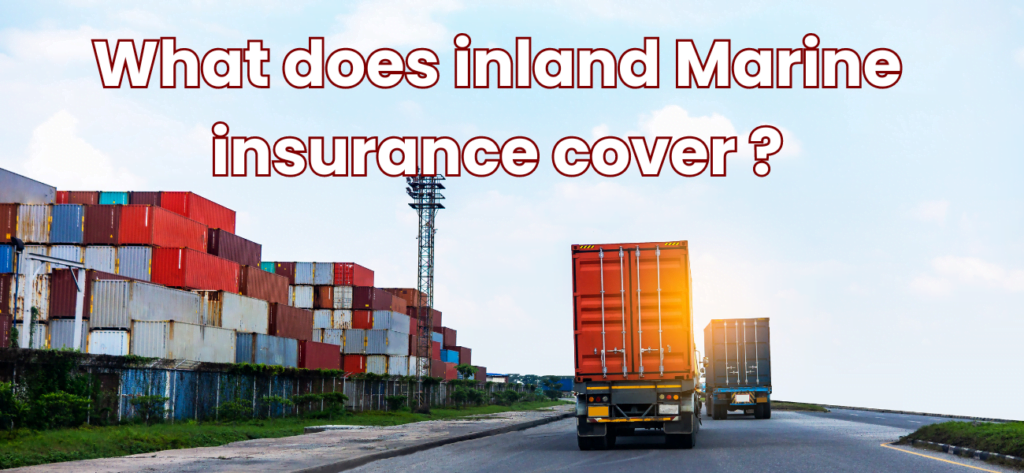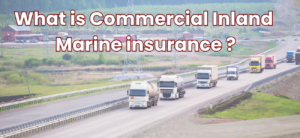Introduction:
Marine insurance plays a vital role in safeguarding the interests of businesses and individuals involved in maritime activities. Whether it’s shipping goods across the ocean, operating a fleet of vessels, or insuring pleasure crafts, marine insurance provides essential coverage against risks and uncertainties unique to the marine environment. In this article, we will explore the key aspects of marine insurance, its types, coverage, and the importance of securing adequate protection for your maritime ventures.
I. What is Marine Insurance?
Marine insurance is a specialized form of insurance that provides coverage for various risks associated with marine activities. It offers financial protection against losses or damages to vessels, cargo, and related liabilities. Marine insurance covers a broad range of risks, including accidents, natural disasters, theft, piracy, collisions, and other perils that can occur during maritime operations.
II. Types of Marine Insurance:
- Hull Insurance:
Hull insurance is designed to protect the physical structure of vessels, including ships, boats, and other watercraft. It covers damages to the hull, machinery, and equipment resulting from accidents, collisions, grounding, or other covered perils. - Cargo Insurance:
Cargo insurance provides coverage for goods and merchandise transported by sea, air, or land. It safeguards against losses or damages to the cargo during transit, including risks such as theft, fire, water damage, or mishandling. - Liability Insurance:
Marine liability insurance protects the insured against third-party claims arising from bodily injury, property damage, or pollution caused by maritime activities. It covers legal costs and compensation in case of lawsuits or claims filed against the insured. - Freight Insurance:
Freight insurance covers the financial loss incurred by cargo owners due to the non-delivery, delay, or damage of goods during transit. It compensates the insured for the value of the lost or damaged cargo.
III. Coverage and Exclusions:
Marine insurance policies typically outline the coverage provided and specific exclusions. While coverage can vary, some common inclusions are:
- Physical damage to the insured vessel or cargo.
- Loss or damage caused by accidents, storms, collisions, or sinking.
- Theft, piracy, or hijacking of vessels or cargo.
- General average and salvage charges.
- Liability coverage for bodily injury or property damage.
- Legal expenses incurred in defending claims.
Exclusions may vary depending on the policy and insurer, but some common exclusions are:
- War, civil unrest, or acts of terrorism.
- Nuclear risks and radioactive contamination.
- Wear and tear, gradual deterioration, or inherent vice.
- Deliberate or intentional acts by the insured.
- Losses arising from illegal activities.
It’s crucial to thoroughly review the policy terms, conditions, and exclusions to ensure you have the appropriate coverage for your specific needs.
IV. The Importance of Marine Insurance:
- Financial Protection:
Marine insurance provides crucial financial protection against potential losses that can arise from marine-related risks. It offers peace of mind to ship owners, cargo owners, and other stakeholders by mitigating the financial impact of unforeseen events. - Compliance with Legal Requirements:
Many countries and international regulations require vessels to have valid marine insurance coverage. Compliance with these requirements is essential to ensure the smooth operation of maritime activities and avoid legal complications. - Risk Management:
Marine insurance plays a vital role in risk management for businesses involved in maritime operations. It allows them to transfer the risks associated with their operations to insurers, reducing the potential financial burden and enabling better risk assessment and planning. - Business Continuity:
In the event of accidents, disasters, or other covered perils, marine insurance helps businesses quickly recover and resume their operations. It provides the necessary



















